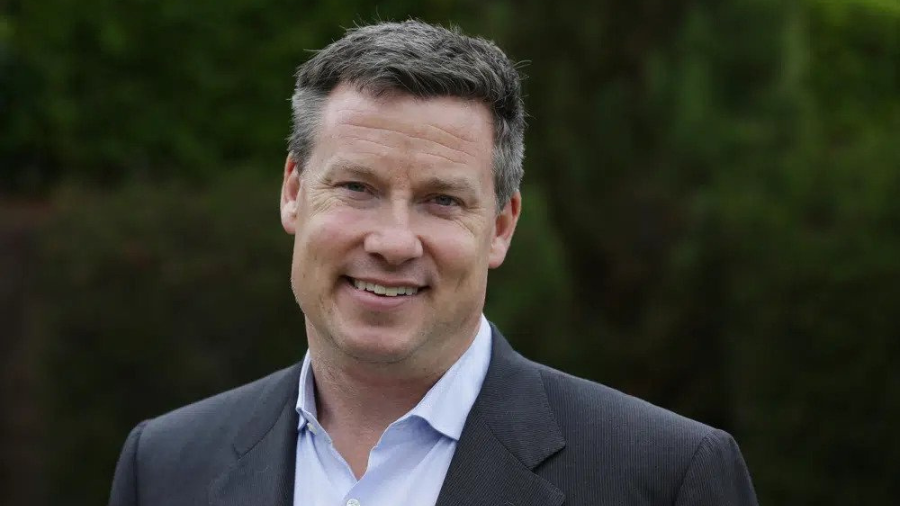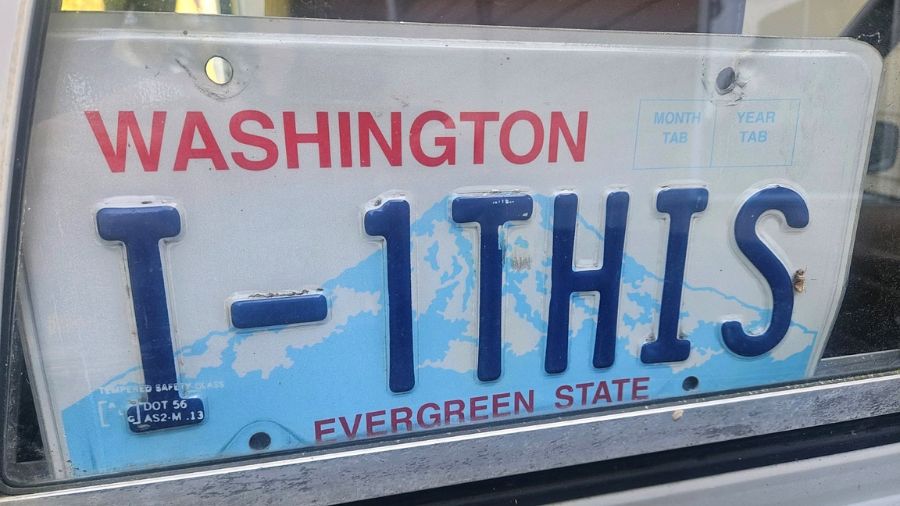Sawant hints at minimum wage compromise; another look at its effect on Seattle businesses
Mar 19, 2014, 10:23 AM | Updated: 12:26 pm

Seattle restauranteur Tom Douglas already raised his own minimum wage for his cooks on staff to $15 an hour. (AP Photo/File)
(AP Photo/File)
Over the weekend at yet another rally in favor of raising the minimum wage to $15 an hour, Seattle City Councilmember Kshama Sawant did something she hasn’t done yet – admitted she would be willing to compromise on raising the minimum wage.
Since the debate began, business owners, who would have to pay up if their employees were to make $15 an hour, have said this could be the nail in their coffin. Particularly, those who run small businesses or non-profit have expressed concerns.
A gradual raise, however, could make it easier for these non-McDonalds entities to cope with the greater expense. Sawant still contends the big corporations would need to raise the minimum wage to $15 an hour immediately.
Sawant didn’t provide details to what a gradual increase would look like, from a wage that’s minimum to “livable.” But this conversation did lead KIRO Radio’s Tom & Curley Show back to a conversation had last week about what this minimum wage would really cost to one of Seattle’s most successful businessmen.
Restaurateur Tom Douglas, (who also co-hosts Seattle Kitchen on KIRO Radio,) has been looking at what a $15 minimum wage would really mean for his business. In a roundtable discussion on the Seattle Channel last week, Douglas broke the numbers down.
He said that if he didn’t raise any prices on his menus, it would put him about $2 million in the hole to pay all of his employees $15 an hour.
As it stands, he said the only employees working for his company who make minimum wage to about $10 an hour are those who get tips, primarily his waitstaff.
“I’ve been looking at this and trying to project it forward. Let’s take this $15 and take every person who makes minimum wage, and in our company, it’s really nobody but waiters, bartender, bussers and hosts – because they’re all tipped employees,” said Douglas. “If I were to increase them to a $15 an hour from where they are now, $9.32/$10 or somewhere in that middle, and pay for their two weeks of vacation…it’s $5 million in our company, which is $2 million more than we made last year.”
Tom and John said that Douglas makes about $46 million in sales per year, but after rent, wages and many other costs that come with running 15 restaurants, he only nets $3 million.
Ultimately, ending up $2 million in the hole isn’t what would happen if all of Douglas’ employees were paid $15 an hour. Douglas estimates it would cost every customer who walks through the doors of his restaurant about $5 more per meal to meet the increase. But he also thinks that about a quarter of the restaurants would go out of business.
Douglas already raised his own minimum wage for his cooks on staff to $15 an hour. He said he did it because it was a group of people that he wanted to keep in the industry, working for him. He projected that wage increase would mean a $1.2 million or a 40 percent hit to his bottom line, at the time. “It’s looking now, for our first year, like a $1.8 to $2 million hit – just for the cooks.”
Tom and John said this comes down to the argument between a minimum wage and a “livable wage.” According to Curley, Sawant is trying to blur those two things together.
People like Douglas, have opted to respond by paying the cooks more, implying he wants them to have a career skill, be well-trained in the business and be able to live a comfortable life.
“There’s minimum wage, it’s the basic,” said Curley. “Don’t get into this business of what’s a ‘livable wage.’ There’s a big difference between that and minimum, til you move up with skills or another job.”














